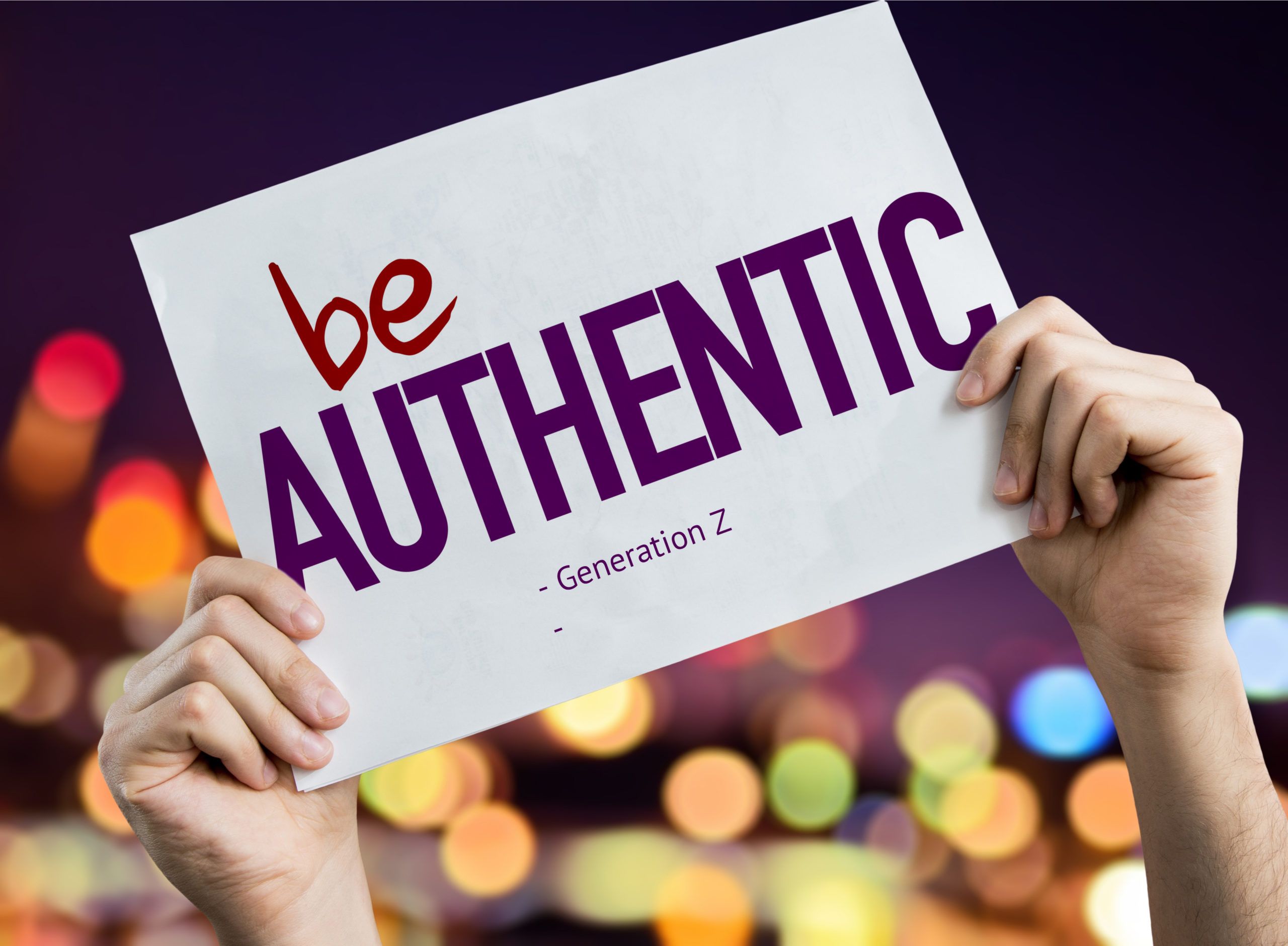
Generation Z is the future. They are the generation that is just coming of age and entering into the workforce and consumer market. If you want to reach this generation, you need to understand them. And one of the best ways to do that is by providing meaningful experiences. In this blog post, we will discuss what makes Generation Z unique, and how you can connect with them through your marketing efforts.
Generation Z: Getting to Know Them
The majority of consumers born after 1997 are Generation Zer’s, those born between 1997 and 2012. They constitute around 27% of the overall US population. Their engagement with technology sets them apart from preceding generations. The digital generation is known as Generation Z. They were raised in a world where the internet and social media are familiar fixtures.
The numbers tell a story:
- Gen Zer’s make up 26% of the global population
- In the US, Gen Zer’s are expected to account for 40% of consumers
- Gen Z craves realness and authenticity
- Gen Z wants new, niche, and more personal experiences: Research is suggesting that Gen Z tends to be more niche, thrifty and creative. Think less mainstream, more transparency.
- 77% of Gen Z say they are more likely to buy from a brand that is sustainable or environmentally friendly
- 64% of Gen Z says they would be more loyal to a company that offers personalized experiences
- 57% of Gen Z believes that companies should give back to society
Because of their access to information on a daily basis, they’ve developed strong beliefs in social justice, political engagement, and sustainability. People’s desire for creative expression has been fueled by social media. It’s also encouraged customers to want real one-to-one experiences with brands.
Be Authentic: How you present your brand makes a difference
Unlike millennials who struggle with the fear of missing out, material concerns, and can be persuaded to buy products due to brand recognition, peer-pressure, mass marketing campaigns, and other factors, Gen Z wants to engage in authentic interactions.
This quest for authenticity and openness persists with Generation Z in their product exploration and purchase decisions.
Generation Z consumers are more likely to research a product, seek advice from others, and comparison shop before making significant purchases than preceding generations. While many millennials grew up in long queues waiting for the release of big items like as iPhone or video games, Gen Z members are more inclined to do their research before purchasing. They may be particular about whether a company is a good citizen or not.
Gen Zers are open to trying anything, so offering them the most up-to-date and transparent information about your brand or services, as well as your mission, may help you gain their trust. Tactics like encouraging consumers to share reviews or testimonials on social media, opening your brand up to genuine unboxing videos, and providing promotional experiences that ring true for your brand and show you care about the same things they do.
Generation Z wants more unique, niche, and personal interactions.
According to research, Gen Z would be more niche, frugal, and inventive when they began to have purchasing power in their teens and early twenties. Today, their interest in less mainstream things is well-documented. This means connecting with Gen Z requires paying attention to how you can make each brand experiences feel unique AND authentic.
When marketing to Generation Z, keep in mind what values they identify with and how your business may engage with them. Inclusivity is also important, both in terms of the products or services you provide and the way you advertise your brand to the world, as this is the most diversified generation yet.
Best Promotional Marketing Options for Generation Z.
When promoting what matters to Gen Z, there are a few things to keep in mind. This generation finds branding for the sake of branding irritating. However, branding that connects with Gen Z and expresses its concerns may help you establish a relationship and preference for your brand.
This means choosing products that can relate to their lifestyle (digital products) or products that give back to charities, are eco-friendly or some combination of the above!
Just Be Cause:
Generation Zer’s are known for purchasing items that support a cause or some other manner of supporting it, such as environmentally friendly goods. Eco-friendly options exist for apparel, stationary, drinkware and so much more!
Digital First:
Gen Z grew up immersed in social media and live effortlessly between the digital and the physical world. Tech premiums as corporate rewards or kitted together into welcome kits really create those ah-ha moments for Gen Z.
Gen Z impact on Apparel and workwear
Gen Z has also arguably had an impact on workwear. One uniform fits all styles of the past are being replaced with a selection of branded garments that reflect a more personalized look for employees. Here are just a few samples, but there is SO much activity in this arena, that we recommend speaking with one of our creative consultants. Imagine a world where your brand lives perfectly across clothing styles that are both professional, yet unique to your individual workers.
Some Final Thoughts on Gen Z
When it comes to marketing to Generation Z, it’s important to remember that they are always connected, always researching, and always looking for something new. They crave realness and authenticity from
Generation Z is a tough nut to crack, but if you can manage to connect with them on a personal level, they’ll be loyal customers for life.
What is authenticity?
Authenticity is the quality that makes you, you. It’s what distinguishes you from a role model, and it can’t be bought with money or fame. What makes someone genuine? Is it possible to become more authentic if we are already honest in our own sense? We all possess an inner voice that tells us when we’re doing something wrong.
For a brand, authenticity means being true to yourself. Not engaging in marketing or messaging that isn’t true to your brand. An authentic brand maintains its personality without copying others.
Some things to consider when thinking about how to be authentic:
- What is your mission?
- What are your values?
- How can you be true to yourself and your brand?
- Are you engaging in marketing or messaging that isn’t true to your brand? If so, why? Is there a way to change that?
- Are you copying other brands? If so, why? Is there a way to be more unique?
- What does your inner voice tell you about your brand? Is it in line with your mission and values? If not, what can you do to change that?
- How can you make sure that your actions align with your words?
- What can you do to be more authentic?
- Are there any risks associated with being more authentic? If so, what are they and how can you mitigate them?
Being authentic requires a certain level of vulnerability. It means being open and honest about who you are, what you believe in, and how you operate. It can be scary, but it’s also a key ingredient in building trust. And when it comes to marketing to Generation Z, trust is everything.
If you’re not sure how to be more authentic, start by taking a look at your mission and values. What do they mean to you? How can you make sure that your actions align with your words? Are there any risks associated with being more authentic? If so, what are they and how can you mitigate them?
The bottom line is that if you want to connect with Generation Z, you need to be authentic. They can smell inauthenticity from a mile away, and they have no patience for it. So if you’re not being true to yourself, now is the time to change that. Otherwise, you run the risk of losing their trust—and their business.
What are your thoughts on authenticity? Do you think it’s important in marketing to Generation Z? Why or why not?




